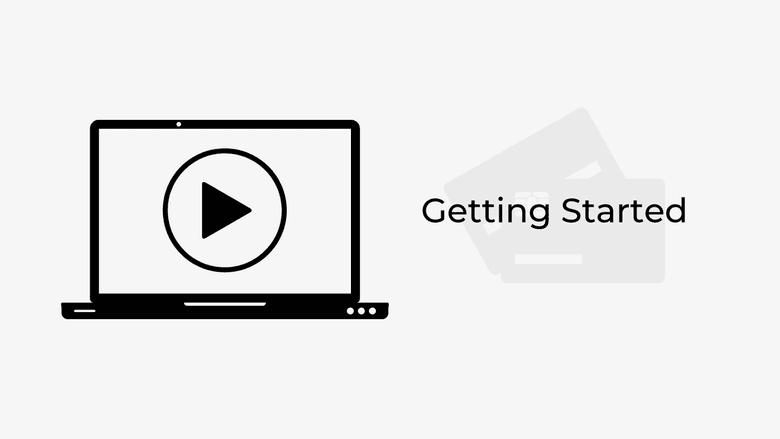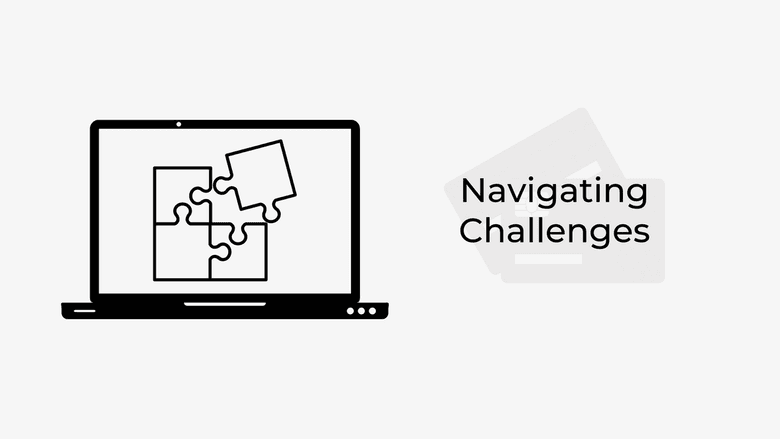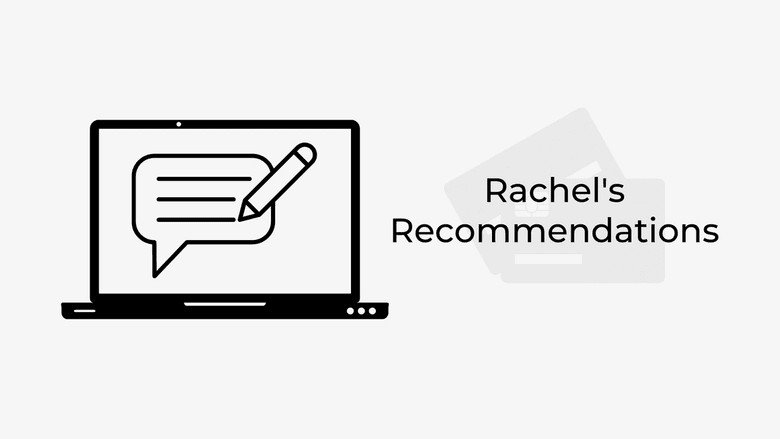Becoming a Product Manager at Capital One
Rachael Rubin weighs in on breaking into product and navigating the challenges of the field.
Rachael Rubin is a product manager at Capital One in Chicago. She started out in marketing and sales but made a gradual transition into product over the years, with the help of her mentors and coworkers. She shared with us her story of getting to where she is now, as well as her advice to anyone pursuing the product path from any background.

How did you get started in product management?
I didn’t know what product management was out of school. My career has been a lot of test and learn - identifying what I enjoy doing in that current role and seeking out more of that skill set in my next one. At Expedia, I enjoyed deriving insights from data and would pass on those insights to product, which then informed what they built with their engineering teams. I realized that I wanted to own end to end - discovery through implementation - and so that’s how I ended up in product.
What advice would you give to anyone trying to break into product?
I think it’s important to be able to convey that you’ve done some product management, exhibited product management skills, even if you haven’t had the title, meaning, you identified a problem, backed by data, went and solved it with a cross-functional group, and then ultimately delivered value. Read up on the product management lifecycle and see how you can implement it in our current role or ask for a stretch project.
Read - books, blogs. There are product management courses you can take that help you learn the basics, I took a product bootcamp class. I also made sure to look at job descriptions to figure out what skills hiring managers were looking for then went and found opportunities in my current role to practice those skills.
What advice would you have for someone who wants to get into product but hasn’t had the opportunity?
Network. If the job function exists within your current organization, ask to grab coffee with someone from Product and learn about their career, how product operates within your company, etc.
Utilize LinkedIn - make an effort to reach out to contacts who can introduce you to Product Managers. I have also been approached on LinkedIn by graduates of the same alma mater who are looking to learn more about product.
Get involved - there are a lot of different product groups that meet regularly and host speakers, panels, networking events ,etc. In Chicago - I am a part of Chi PMA and Women in Product. Getting involved in organizations outside of work, not only is important for networking, but helps you learn the “lingo” as well as how different companies apply the product management basics in their organization. For example, many product managers practice agile software development so it’s important to know what that means and what the different flavors of agile may look like at different companies.

Being a woman in product, do you have any advice for members of underrepresented groups in the field?
Find advocates that will go out of their way to work with you - address your concerns, work through solutions, coach you, and as you progress in your career, find a way to give back to those underrepresented and new to product.
Diversity of thought is essential for innovation and having people with different life experiences is essential to ultimately come up with the best product. Remember that organizations need your unique perspective, avoid conformity bias.
There are a lot of companies that are identifying ways to invest in diversity, inclusion and belonging. Some companies have functions within their organization that are focused solely on that effort. Seek out a company that is investing time and money and aligns with your beliefs. Where you don’t see enough representation, inclusion, work with your allies to push for change.
👉 Read about diversity in tech from a recruiter's perspective here
What was your biggest challenge going into the role?
For me, my biggest challenge going from analytics to product was that I didn’t have a technical background. There were certain commonplace technologies that I wasn’t familiar with until I was in the role.
To expedite my learning curve, I found people that were role adjacent - data scientists, engineers, other PMs, and picked their brains. The next time this technology came up in conversation, I knew what people were talking about and was able to have an informed conversation.

Resources to help you break into the field, including books, podcasts, blogs, and even organizations.
Books
- Inspired by Marty Cagan
- The Design of Everyday Things by Don Norman
- The Lean Startup by Eric Ries
Podcasts
- 100PM - It started in 2019 and hasn't continued but provides interesting frameworks to solve product problems
- Freakonomics Radio - This podcast discusses interesting problems. The books are great too. Although not product specific, it inspires creativity and critical thinking, both important for PMs.
Blogs
- Marty Cagan's Blog: linked here
- Product Talk: linked here
Organizations/groups to get involved in
- Women in Product - National, find your local chapter and join! You don't need to be a PM to do so
- Product Meetups - These are everywhere! One example: ChiPMA in Chicago
👉 Check out Candor's community for interview prep and more questions about breaking into product. Best of luck!
*Interview has been edited for clarity
The information provided herein is for general informational purposes only and is not intended to provide tax, legal, or investment advice and should not be construed as an offer to sell, a solicitation of an offer to buy, or a recommendation of any security by Candor, its employees and affiliates, or any third-party. Any expressions of opinion or assumptions are for illustrative purposes only and are subject to change without notice. Past performance is not a guarantee of future results and the opinions presented herein should not be viewed as an indicator of future performance. Investing in securities involves risk. Loss of principal is possible.
Third-party data has been obtained from sources we believe to be reliable; however, its accuracy, completeness, or reliability cannot be guaranteed. Candor does not receive compensation to promote or discuss any particular Company; however, Candor, its employees and affiliates, and/or its clients may hold positions in securities of the Companies discussed.
